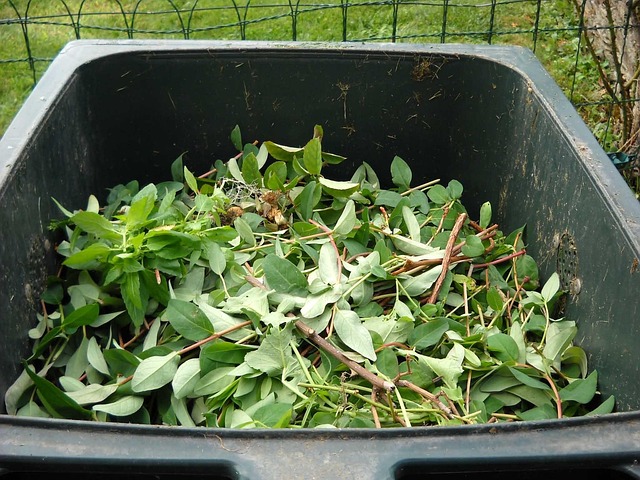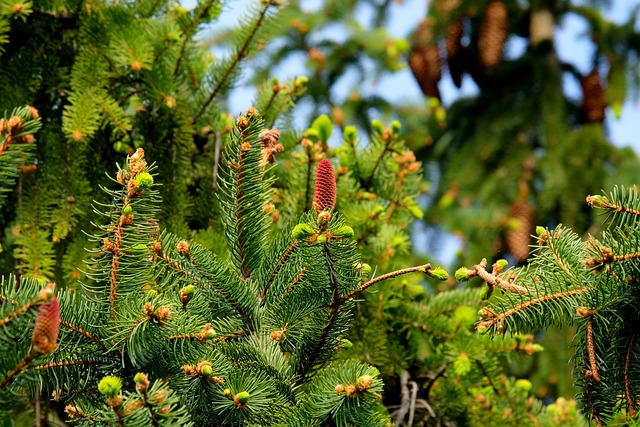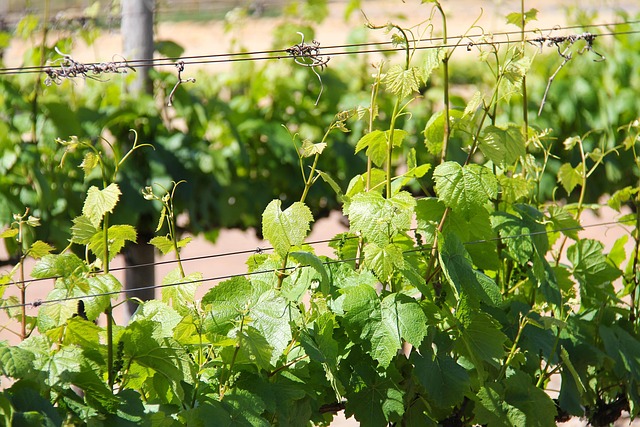Embracing Nature: A Green Guide to Eco-Friendly Composting in Your Garden
In a world increasingly aware of environmental challenges, embracing the beauty of nature and gardening can be a powerful step towards sustainability. One of the simplest yet most impactful practices you can adopt in your garden is composting. Not only does it enrich the soil, but it also reduces waste and fosters a deeper connection with the natural world around you.
The Heart of Composting
At its core, composting is nature’s way of cycling nutrients. By transforming kitchen scraps and yard waste into nourishing organic matter, you can create a rich soil amendment that will supercharge your garden’s growth. Imagine turning banana peels, coffee grounds, and fallen leaves into black gold for your plants, all while minimizing landfill contributions. It’s a fulfilling way to bring new life to the remnants of your everyday life!
Setting Up Your Composting System
Getting started with composting doesn’t have to be complicated. You can opt for a traditional pile in your backyard or a stylish compost bin that blends in with your landscaping. Choose a dry, shaded spot next to your garden for convenience.
Create layers in your compost and focus on balancing “greens” (nitrogen-rich materials) with “browns” (carbon-rich materials). Kitchen scraps, grass clippings, and vegetable peelings fall under the greens, while cardboard, dried leaves, and straw provide the browns. This balance is crucial for keeping your compost aerated and effective, turning your garden waste into a nutrient-rich treasure.
What to Compost
It’s essential to know what can and cannot go into your compost pile. The beauty of composting lies in its versatility but remember to keep it simple.
- Compostable materials: fruit and vegetable scraps, coffee grounds, eggshells, grass clippings, leaves, and small branches.
- Non-compostable materials: meat, dairy, oil, and processed foods. These can attract pests and create unpleasant odors.
The Eco-Friendly Benefits of Composting
By composting, you actively contribute to a greener environment. You reduce landfill waste, lower greenhouse gas emissions, and promote biodiversity in your soil. Healthier soil, in turn, fosters vigorous plant growth, making your garden not just more beautiful, but also more productive.
Additionally, compost acts as a natural fertilizer, promoting water retention in the soil, reducing the need for chemical fertilizers, and protecting your plants from pests and diseases. This sustainable practice brings your garden full circle, enriching not just the earth but your heart as well.
Connecting with Nature
Composting is more than just a method of waste disposal; it’s a way to reconnect with nature. As you engage in this process, you become more attuned to the cycles of life that surround us. Watching the transformation from scraps to soil will not only deepen your appreciation for the environment but also allow you to witness the harmony of living systems firsthand.
As you delve into the world of composting, remember that every small step counts. Each carrot peel and each leaf contributes to a healthier planet. Embrace the joy of gardening and the satisfaction that comes with nurturing your own vibrant ecology. With a commitment to eco-friendly practices like composting, you’re not just changing your garden; you’re playing a crucial role in creating a sustainable future for all. Let’s cultivate a greener tomorrow, one compost pile at a time!




